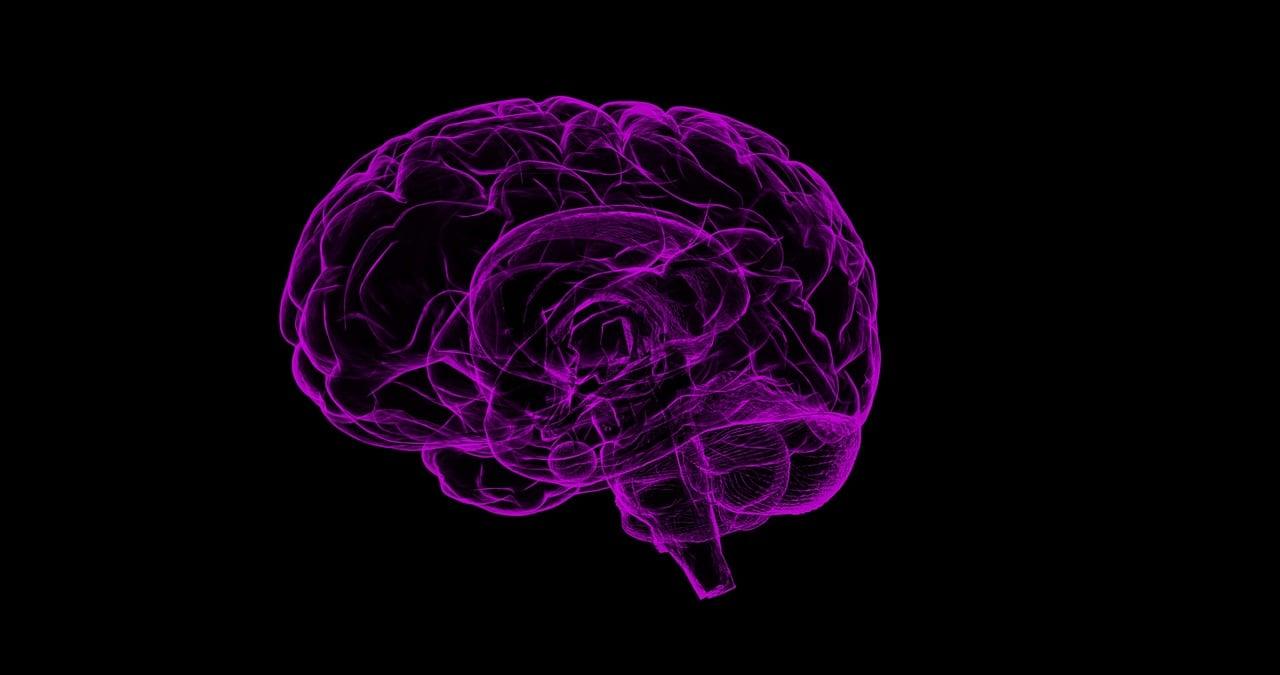
Submitted by Administrator on Thu, 22/12/2022 - 18:14
Histology images of cancer tissue provide valuable information for the malignancy grading of cancers. AI shows promise to automatically determine cancer malignancy based on histology images, providing rapid support for cancer diagnostics. Currently, the most widely used histology images include the images of formalin-fixed paraffin-embedded (FFPE) tissue and of frozen tissue.
Most AI models to determine cancer malignancy from histological images are mainly based on the images of FFPE tissue. These images have high quality of tissue structure, but could be affected by the artefacts introduced from tissue processing. The images of frozen tissue preserve more information on the tissue with natural state but normally have a low quality of tissue structure. These two types of images provide complementary information of cancer malignancy.
We propose a novel AI scheme to combine both types of histology images for malignancy grading of glioma, a most common type of brain cancer. This scheme could facilitate extraction of the most relevant information from the two types of histology images and the designed mathematical model in this scheme could further reduce the influence of tissue complexity during malignancy grading. Our experiments show that our scheme achieves better performance than other schemes without reducing the efficiency of the diagnosis. Our scheme could provide useful clinical decision support for automatic and fast diagnosis of cancer based on histology images.
Figure 1. The scheme of malignancy grading of gliomas.
Please find the paper in full at:
Zhang, L., Wei, Y., Fu, Y., Price, S.J., Schönlieb, C.B., Li, C.: Mutual contrastive low-rank learning to disentangle whole slide image representations for glioma grading.
In: 33rd British Machine Vision Conference 2022, London, UK,
November 21-24, 2022. BMVA Press (2022), https://bmvc2022.mpi-inf.mpg.de/1071.pdf

